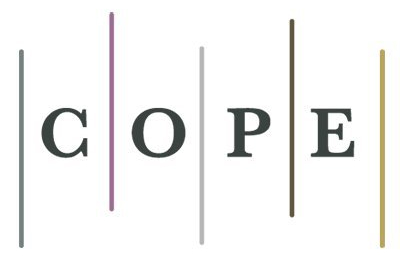Analysis of Antecedent Factors that Lead to Cyberloafing and Deviant Behavior in Response to the Announcement of Formal Controls
Keywords:
Cyberloafing, Work environment, Productivity, InnovationAbstract
This paper analyzes the antecedent factors that lead to cyberloafing and deviant behavior in response to the announcement of formal controls. The research is descriptive, with a quantitative approach. It was developed through a survey of 517 employees from different organizations using a hybrid model in two stages (SEM-ANN). While a multi-analytical approach using exploratory and confirmatory factor analysis with covariance-based structural equation modeling (CB-SEM) validated the model, the SEM results were used as input to an artificial neural network (ANN) model to predict the factors for cyberloafing intention. As a result, we observed that ‘peer cyberloafing’ results from the influence of co-workers’ use of technology. This justifies the behavior as acceptable and harmless and brings a collective view of this practice and helps promote the organization’s social capital. The ‘self-efficacy’ in the use of electronic devices that leads to cyberloafing should not only be seen as a negative phenomenon to be banned, but as something that can stimulate creativity and the generation of ideas. Finally, this research provides clues on how to deal with the practice of cyberloafing in a balanced way, considering the management style, whether more controlling or flexible, as well as the feelings of employees concerning the topic, as it is valuable for the organization and society to reflect on the limits of this practice. The introduction of this new methodology and the theoretical contribution of the proposed hybrid model open new horizons for the existing knowledge in the literature related to the understanding cyberloafing.
Downloads
Downloads
Published
How to Cite
Issue
Section
License
This work is licensed under a Creative Commons Attribution 4.0 License.
The O&S adopts a Creative Commons Attributions License 4.0 in all published works, except where specifically indicated by copyright holders.





